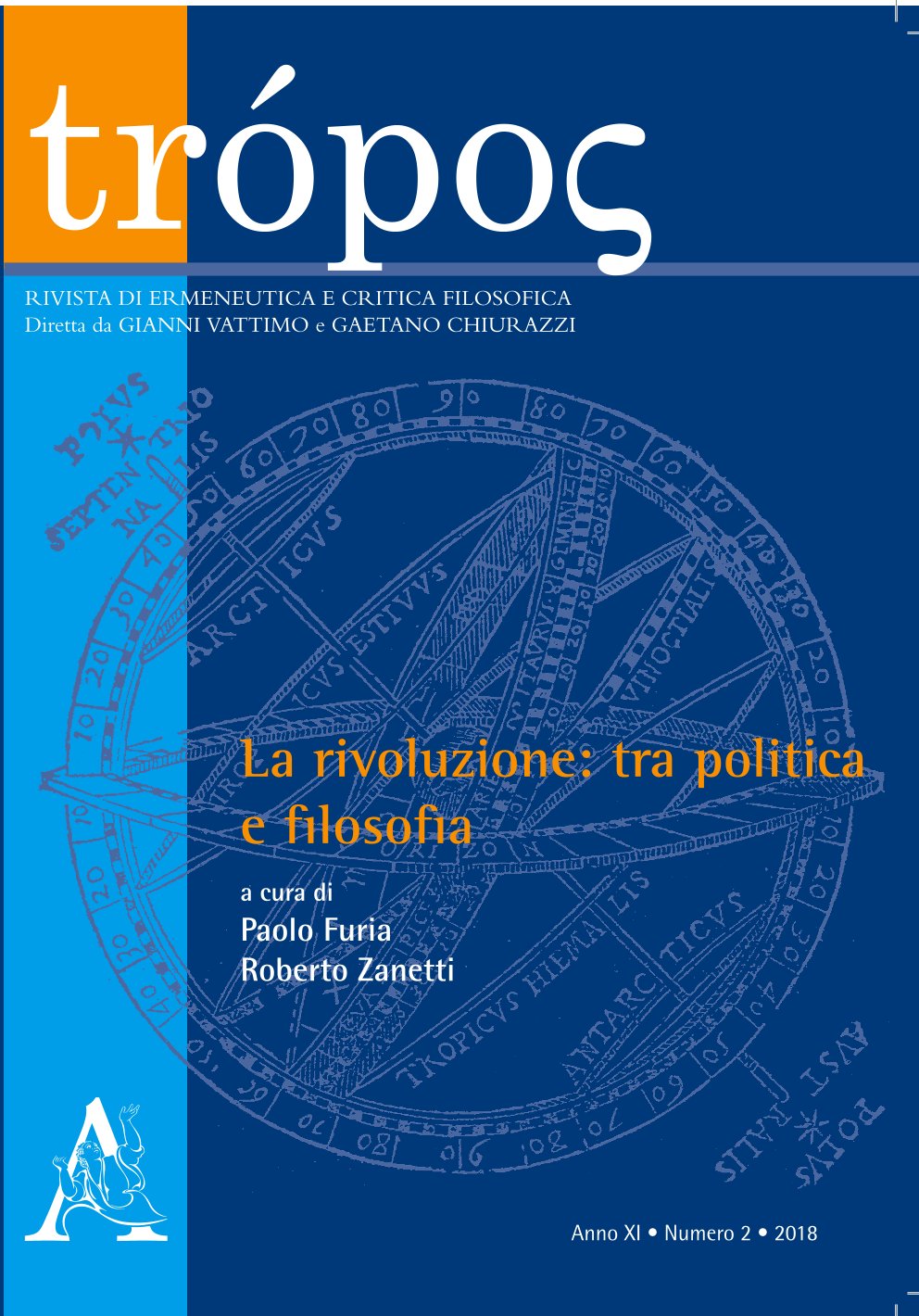Platone e la verità
DOI:
https://doi.org/10.13135/2036-542X/8139Keywords:
Truth, Plato, Anamnesis, Opinion, Multifocal ApproachAbstract
For Plato the philosopher who writes must have two attentions: to defend the most important things from possible misunderstandings; bring the reader not to learn philosophy but to do philosophy, through provocations and indications that he himself defines (important) games. This is intertwined with the conviction that the complexity of the world requires a multifocal approach, with the consequent necessity of very different judgments. For example, truth is an undeniable presence in the dialogues, but it is a human not absolute but relative truth. Absolute truth is only the divine one. However this human truth, though so weak, is necessary for our activities, starting from the communicative structures. Its foundation is in a particular form of a prior knowledge, the anamnesis, which in its pure form is only an opinion (doxa). This, through a theoretical research stimulated by experience or teachings, can develop into a true science (episteme). This does not involve a reduction of knowledge to the pure eidetic sphere: Plato in many ways values opinion, which can also be true and which is useful, not to say necessary, in the normal forms of human existence.



